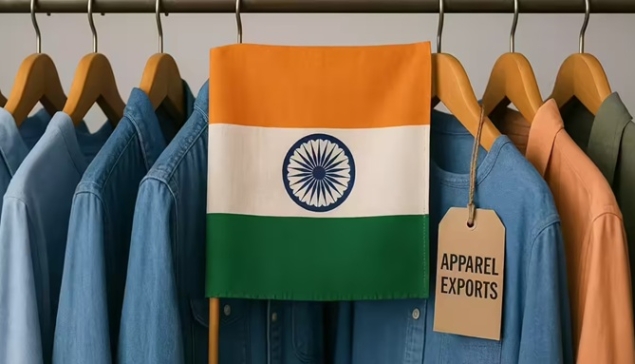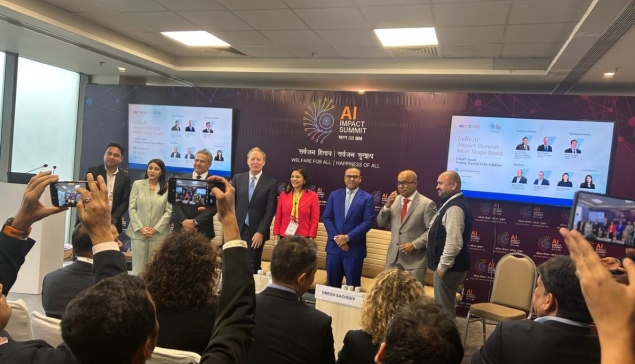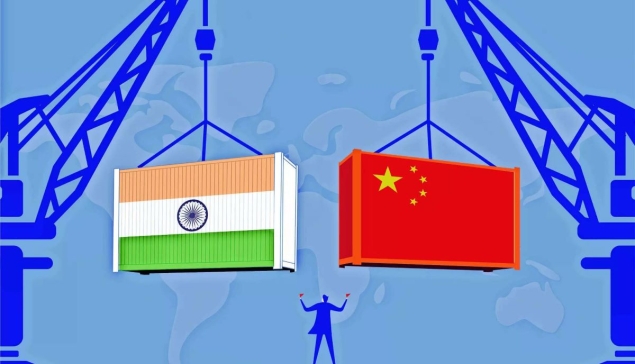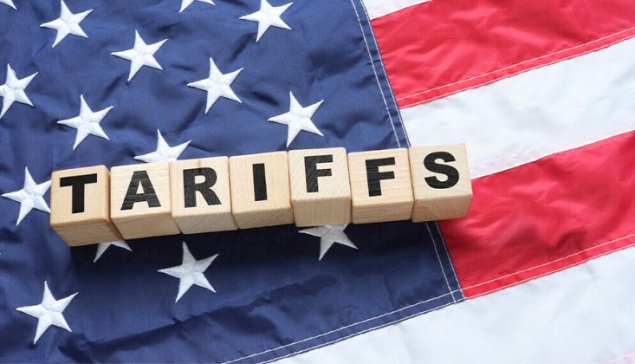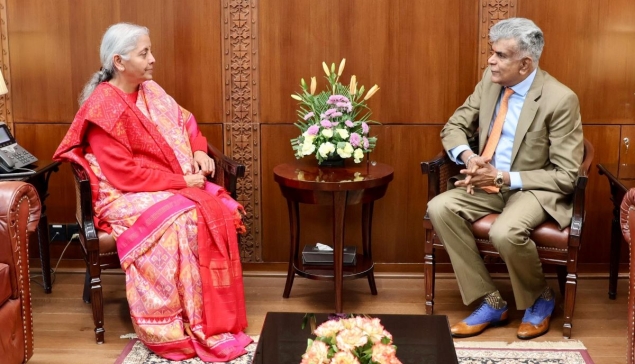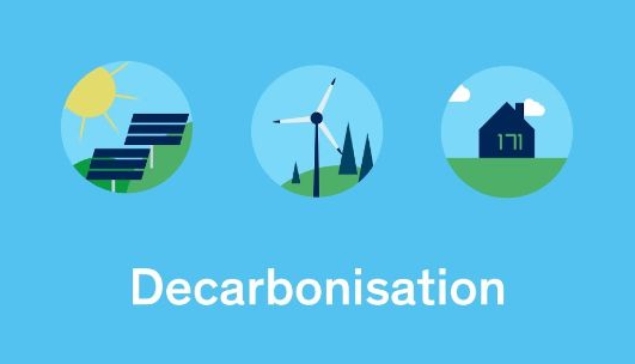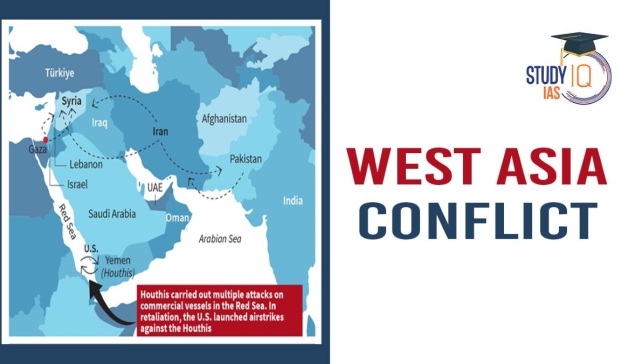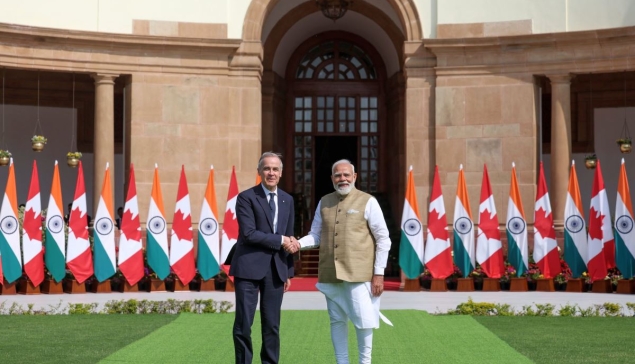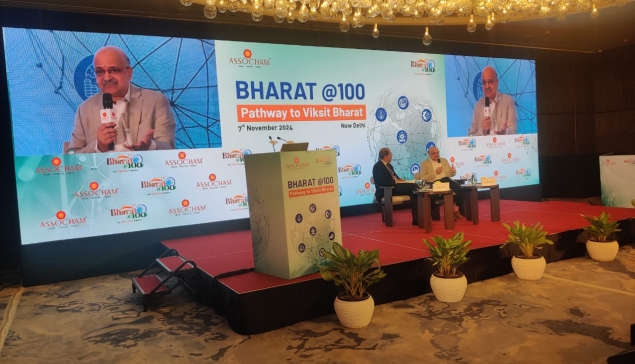Recently, MEA Spokesperson Randhir Jaiswal said, ” The transshipment facility for Bangladesh was withdrawn on April 8, 2025, due to heavy congestion at Indian airports and ports, which triggered logistical delays and hurt exports seriously.”
The revocation of a transshipment facility India had extended to Bangladesh's ready-made garment (RTW) sector.
This facility, established way back in 2020 during the COVID-19 pandemic, was circumstantially, actually permitting Bangladesh to bypass logistical hurdles by transporting export goods through Indian ports and airports at a much lower cost (USD 2-2.5 per kg from Kolkata vs. USD 5-6 per kg directly from Bangladesh) than ever before.
This was critical, as at that given juncture Bangladesh's ports could not tackle the export volume of its apparel sector, which contributes to roughly a staggering 85% of its total exports and 13% of its GDP, creating jobs employing nearly 4 million workers or thereabouts, mostly women.
Responding to the provocation, India, presenting its case, withdrew this facility, attributing it to the growing congestion at its ports and airports, which was adversely impacting its exporters. However, the changing geo-reality leading to political tensions has likely played a critical role.
The fallouts, among other things, are Bangladesh imposing unfavorable restrictions on land ports and ill-targeting cotton imports from India, notwithstanding the high reliance of the Bangladesh RMG sector on Indian yarns all these years, as well as a controversial statement made by Muhammad Yunus, a leader in Bangladesh's interim government, set to upset the cart projecting in some sense that China is a reliable trade partner.
In his recent visit to China, India expressed dismay at the fragile global business environment given the recent geopolitical chessboard.
Yunus alluded to India's northeastern states as "landlocked" and articulated, describing Bangladesh as the "only guardian of the ocean" for the region, giving the impression of the nation’s control over their access to the sea.
This statement was visibly seen as provocative/anti-India and drew a very sharp criticism from the Indian administration.
The argument one is making here is that a lot has been driven by Bangladesh's domestic political agenda. In furtherance of the heat of all this, India did not hesitate to officially withdraw the transshipment privilege, pulling the plug as a strong opposition to the event.
Generally, it is widely seen as a decision anticipated to be a serious inflationary headwind impacting Bangladesh's textile and apparel (T&C) sector by a spike in freight costs and lead times, as in the present context exporters will be forced to reroute shipments through expensive alternative hubs like Sri Lanka, Maldives, and Pakistan; so much so that the president of the Bangladesh Garment Manufacturers and Exporters Association (BGMEA) had to plead and urge Indian authorities to rethink/reconsider the stand, underscoring the resultant damage to the sector's competitiveness.



